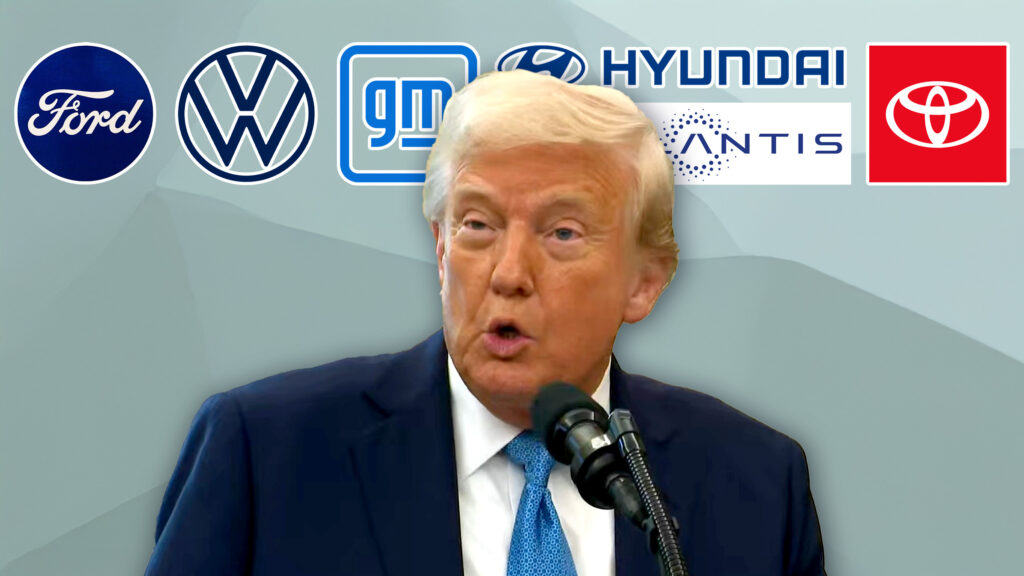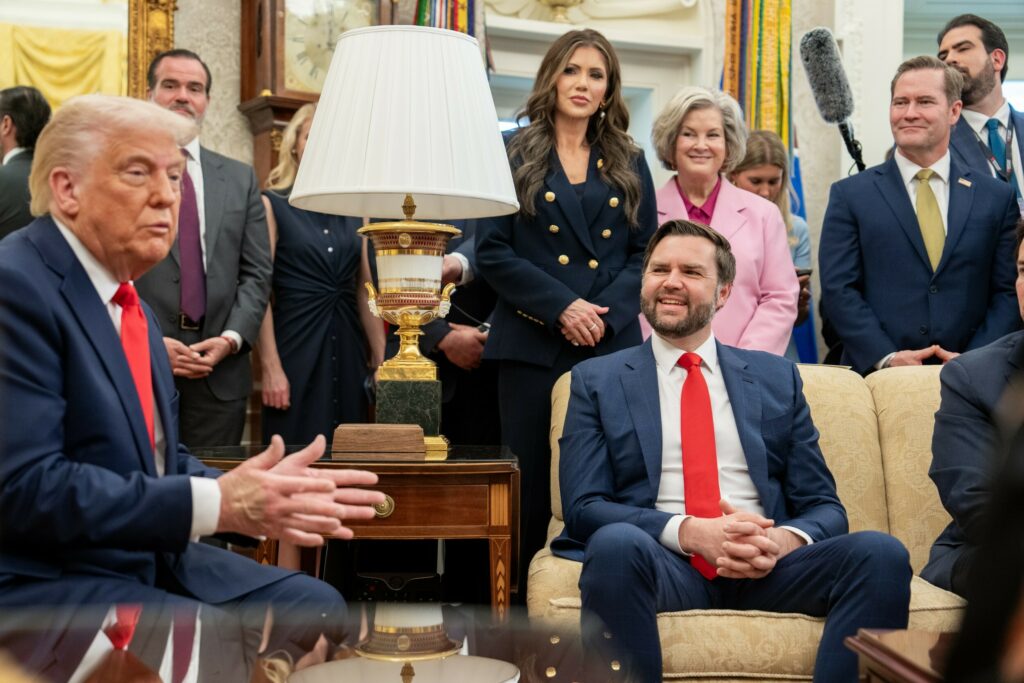The Tariff Tangle

In a significant move, President Trump announced a hefty 25% tariff on cars and auto parts imported to the United States, a decision he dubbed as “Liberation Day.” However, not everyone sees it that way. This new policy has sparked a reaction from major auto industry players who have quickly come together, sending a joint letter to the administration, warning about the potential economic fallout.
Industry’s Response

The letter, addressed to prominent figures like Treasury Secretary Scott Bessent and Commerce Secretary Howard Lutnick, raises alarms about job losses and financial distress within the industry. This isn’t just any regular communiqué—it represents nearly all major automakers operating in the U.S., from local giants like General Motors to international brands like Toyota and Volkswagen. The alliance believes that these tariffs could disrupt the automotive supply chain, resulting in higher car prices for consumers, decreased sales, and increased costs for maintenance and repairs.
Potential Fallout
Carla Bailo, CEO of ECOS Consulting LLC, noted the unusual nature of this united front. Typically, each group might issue separate statements, but the potential impact of these tariffs is so widespread that a collaborative approach seemed more powerful. The tariff could cause a ripple effect through the industry—from aftermarket suppliers to original equipment (OE) manufacturers. Many suppliers are already struggling and might not withstand the additional burden, leading to possible production halts, layoffs, and even bankruptcies.
Economic Implications
This whole scenario could mirror the chaotic supply chain disruptions seen during the recent pandemic. Just one supplier failing can halt an entire production line, impacting every related stakeholder and ultimately leading to job losses. Some companies, like Volvo, have already been forced to lay off workers, while others like Mitsubishi are pausing vehicle shipments to the U.S. Many automakers might resort to temporarily maintaining current price levels but face inevitable increases if the situation persists.
Drivable Discourse
As for the driving experience, similar protective tariffs were once upon a time levied on European and Asian cars, which are renowned for their comfort and performance. These tariffs encouraged American shoppers to look domestically, yet some foreign brands circumvented these issues by assembling cars in the U.S. Nevertheless, the tariffs paved the way for American brands to thrive at home. Comparing this era’s potential effect to history, automotive enthusiasts are likely curious about how modern American vehicles will stack up if forced to develop more localized, innovative solutions.
Ultimately, with automakers already making strategic shifts, the reaction from the administration could become crucial. It’s unclear if Trump will modify or retract the tariff decision, but he recently hinted at offering some flexibility to help car companies adjust. As automakers maneuver around these policies, the industry watches closely, bracing for what comes next in this unfolding trade tale.
Audi Unveils Stretch Models
Cadillac Escalade 2025
Lexus ES Steps Up
MG Cyber GTS Unveiled
Cadillac Muscle Roars